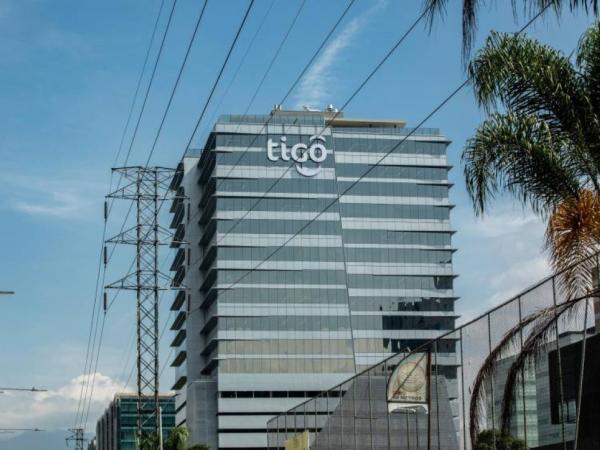One day after the telecommunications company Tigo will happen to Ministry of Labor a request to carry out a process of mass layoffs, this ministry spoke publicly on the matter, ensuring that will begin with the evaluation of the legal aspects of this request and thus be able to evaluate if you are going to continue with this process.
It is worth mentioning that the company carried out this process under the provisions of the articles 66 and 67 of Law 50 of 1990 and stated that this is due to economic and technical reasons.
(You can read: Tigo and mass layoffs: if I am part of a collective dismissal, should I be compensated?).
The Ministry of Labor stated that “The administrative process begins in which, initially, compliance with the legal requirements of the application will be verified and, if they are met, the different stages that involve the decree and practice of evidence will continue through which the competent authority uses a sufficiently informed criterion that allows it to make the corresponding decision“.
He also noted that this process will end with an administrative act with which it will be determined whether the ‘green light’ is given to the collective dismissal requested by Tigo. of which 81 employees are partaccording to the same portfolio.
(Continue reading: Tigo opens exit doors for employees of pension age after request for layoffs).
Tigo
Courtesy
“Within the procedure, respect for the rights of the people who work at the service of the employer who requested the request must be guaranteed at all times, which is materialized in the simultaneous communication that must be made of the request to the potentially affected workers. as, the sureties that guarantee the payment of labor debts and the participation of union organizations and interested third parties in the administrative process“says the Mintrabajo.
(We recommend: The ‘top’ five of the most in-demand professions in the labor market).
And closes: “The role of the Ministry in these cases is to be the guarantor of labor rights and, in these situations, it is important to activate social dialogue scenarios for the resolution of labor conflicts, which can allow a more harmonious solution based on agreements that generate least possible impact, both for the workers and the company“.
PORTFOLIO















